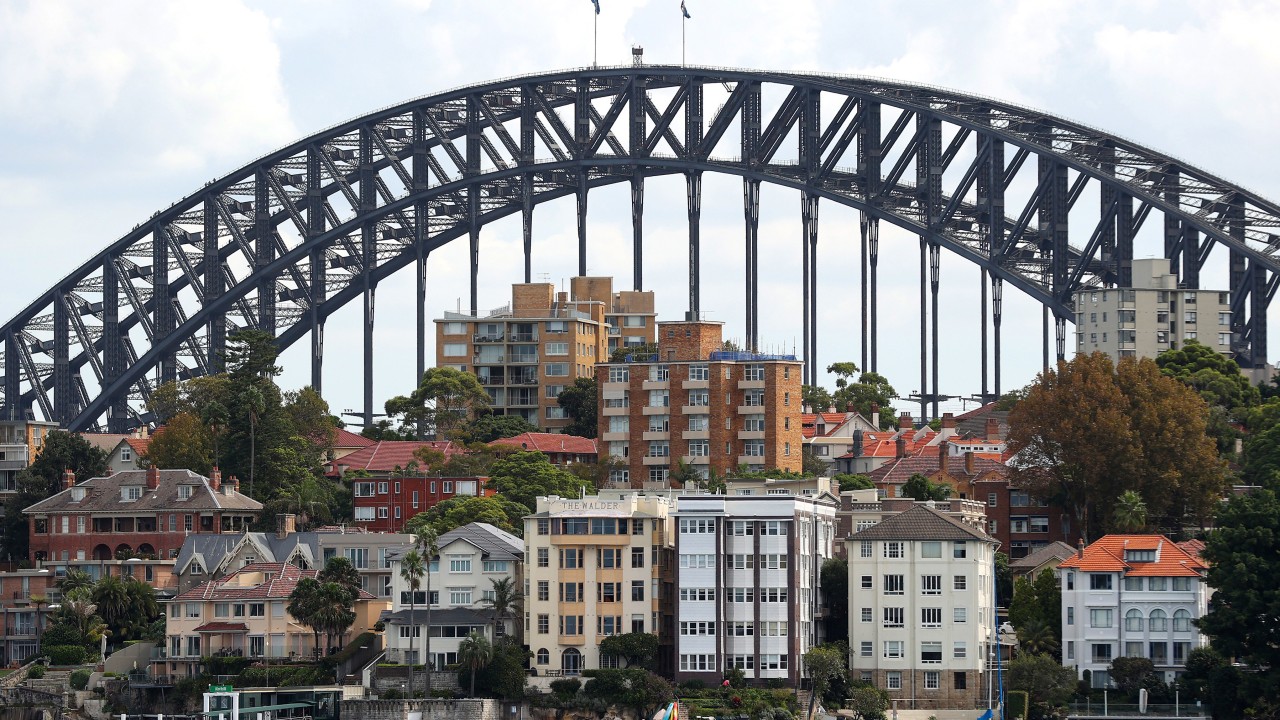
The scale and extent of the impact, however, remains to be seen, even as half of those who availed visas under the Business Innovation and Investment Programme (BIIP) last year were from the mainland and Hong Kong, said Daniel Ho, co-founder and group managing director of Juwai IQI, which operates a portal with property listings from across the world worth US$4 trillion.
“The ‘golden visa’ programme is important to those taking part in it, without a doubt,” Ho said.
The programme, launched in 2012, sought to attract high-net-worth individuals Down Under. Various schemes under BIIP required A$2.5 million and A$5 million in investments in venture capital and growth private-equity funds that support start-ups, as well as managed funds that buy shares in companies listed on the Australian stock exchange.
Canberra scuppered the programme as part of an initiative to overhaul the country’s migration system, as Australia seeks to ease a critical shortage of skilled workers. The revamp will involve a new strategy that will prioritise highly skilled migrants in fields that are experiencing labour shortages.
Chinese buyers keep Australian property agents busy with brisk home purchases
Chinese buyers keep Australian property agents busy with brisk home purchases
The new policies, which will allow permit holders to change employers and still retain residency, are expected to be rolled out later this year.
More than 100,000 overseas migrants have used one of the BIIP schemes to gain residency in Australia since 2012, according to the country’s Home Affairs Department. Chinese nationals made up 85 per cent of successful applications under the previous programme, according to official data.
One category of the programme required investment of at least A$5 million. This visa was given the number 888, an auspicious number in Chinese culture. In the 2022-2023 financial year, Chinese nationals accounted for more than 50 per cent of BIIP visa places, according to the Home Affairs Department.
As Chinese property ownership rises, South Koreans ‘struggle’ to buy: politician
As Chinese property ownership rises, South Koreans ‘struggle’ to buy: politician
“High-end, golden visa buyers from China and Hong Kong probably account for less than 5 per cent of all Chinese buyers [of property in Australia],” he said. “That includes those who are offshore and those who already live in Australia.”
Given Australia’s advantages, such as having a similar time zone to China and improving relations between Canberra and Beijing, Ho said wealthy Chinese “will seek another way to obtain Australian residency”.
Australia triples fees on foreign buyers of existing homes to stem rental crisis
Australia triples fees on foreign buyers of existing homes to stem rental crisis
This sentiment was echoed by Sydney-based Ken Jacobs, who manages his own luxury property agency.
“It will be interesting to see the impact of the golden visa being discontinued,” Jacobs said. “When first introduced, there was a noticeable increase in activity but not so much recently.”

